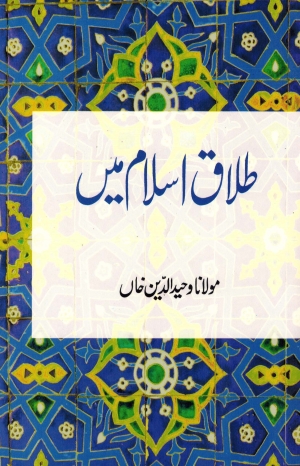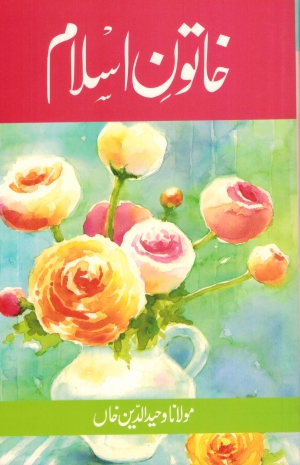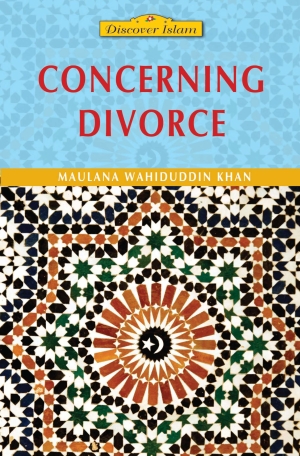As an Islamic scholar, I would say that the Supreme Court’s judgement delivered on August 22—striking down instant triple talaq (divorce) as being unconstitutional—is totally right. Triple talaq is not a principle of Islam, but is rather a ruling of certain Muslim jurists, adopted in the later period of Islam. In this matter, Muslim jurists need to correct themselves instead of wrongly justifying triple talaq.
In the British period, men again began to divorce their wives in one sitting. Now Muslim jurists belonging to the Hanafi school of law revived Umar’s order and made instant triple talaq valid. The Hanafi jurists cited Umar’s precedent, but this reference was unwarranted, because Umar had done so by way of an executive order while, in the later period, Hanafi jurists did so by issuing a fatwa. Moreover, Umar had also punished the person, while Hanafi jurists were not in a position to do so.
In such a scenario, my advice to Hanafi Muslims is to take the Supreme Court’s verdict as a reminder and review their practice. They should consider triple talaq in one go as a case of a decision having been taken in anger and take it as only one talaq—as had been done during the time of the Prophet.










